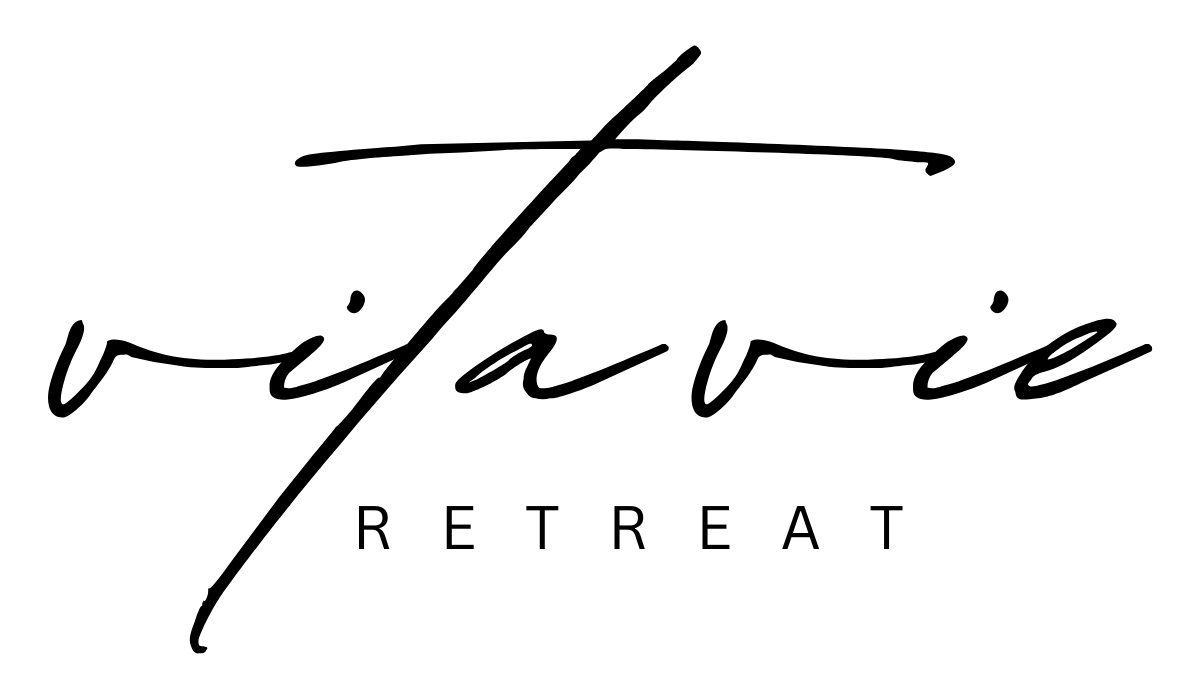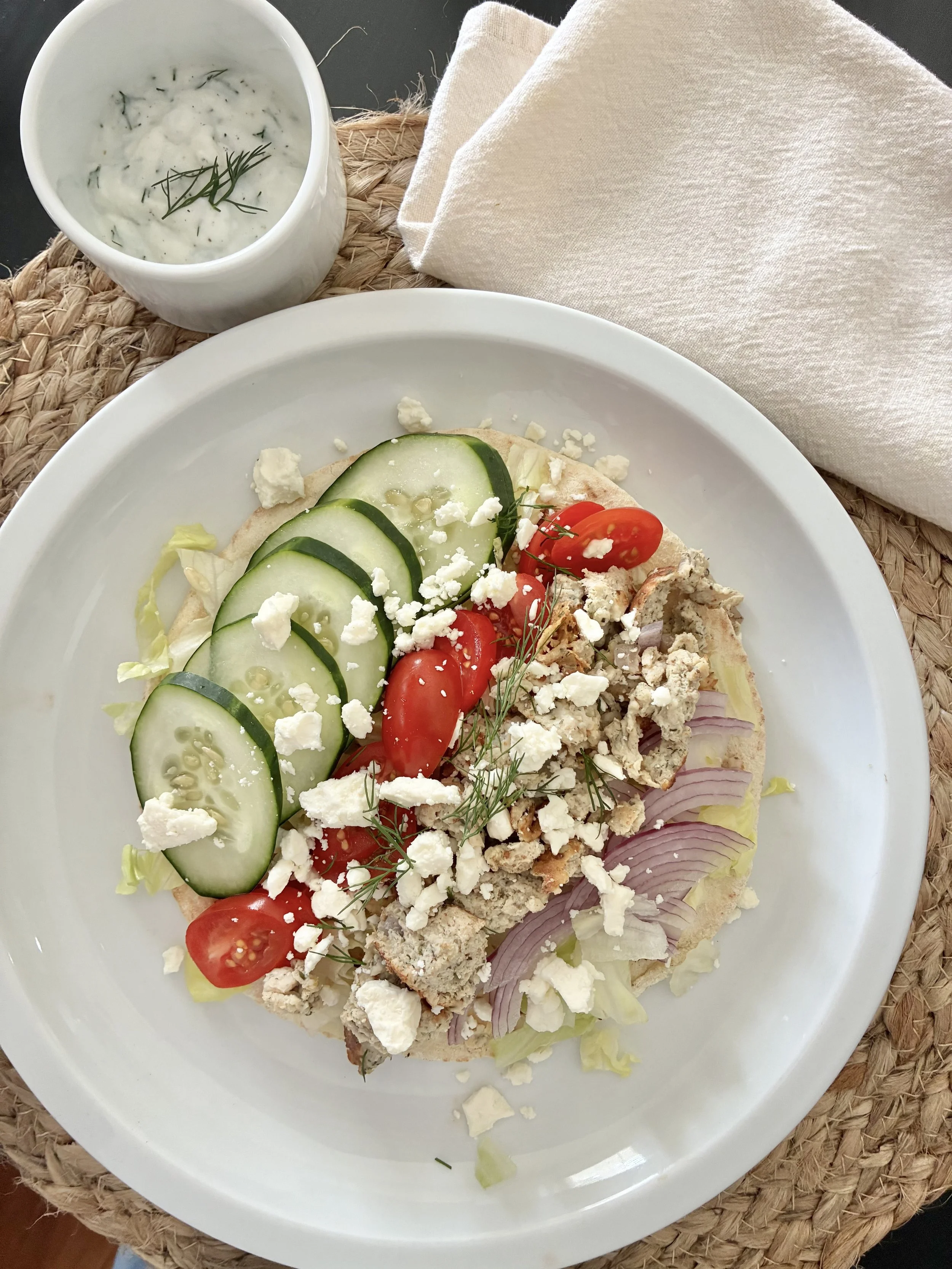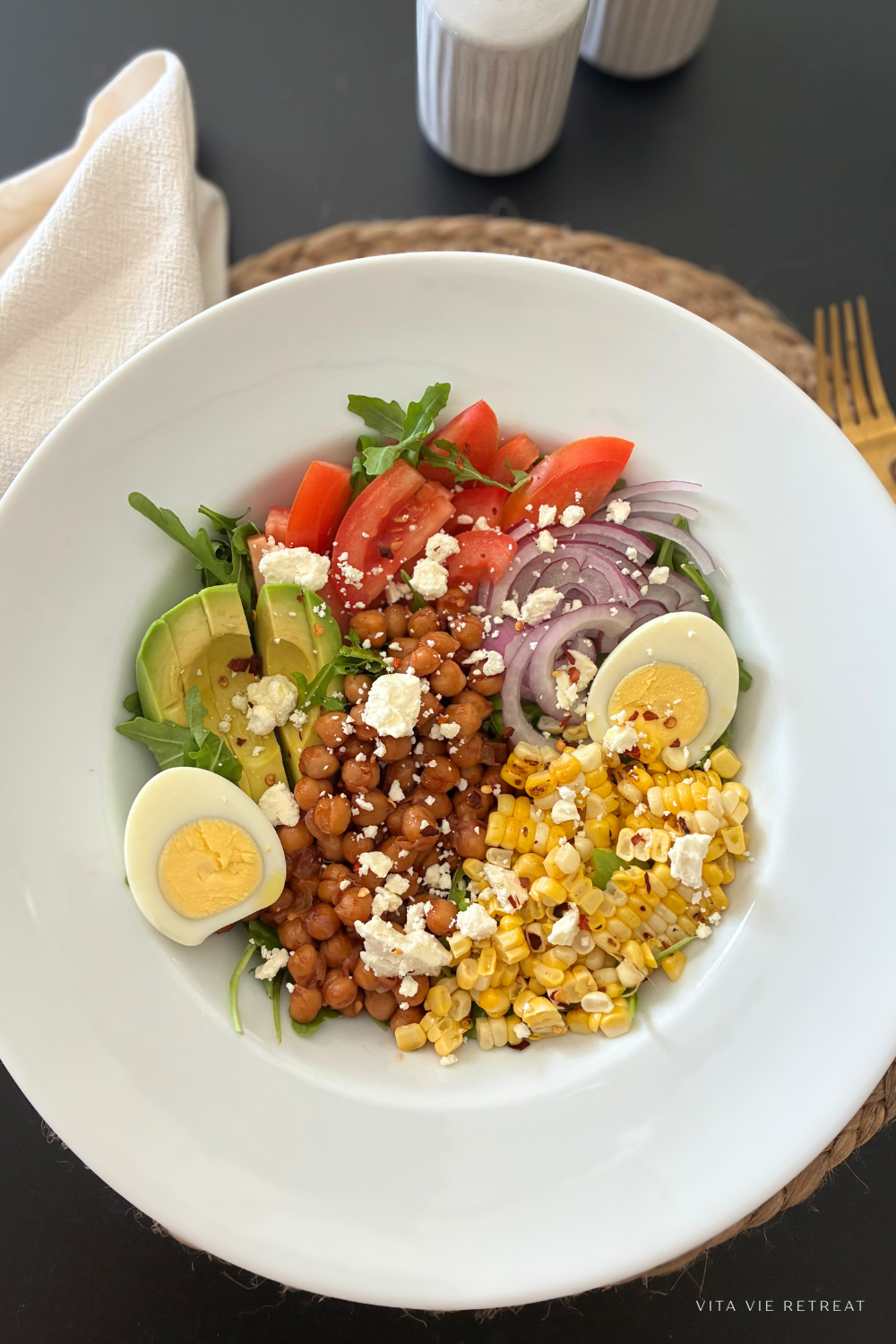What Is Good Nutrition?
/WHAT DOES GOOD REALLY NUTRITION MEAN?
Are you trying to eat healthier? Looking to finally get a handle on your nutrition habits? At our wellness and fitness retreat, we hear it all the time: "I just need to eat better when I get home." And we get it. The desire to eat better is common—but the definition of what that even means is often vague, confusing, or rooted in diet culture.
Health coaches, trainers, and nutritionists throw around the term "good nutrition" like it's self-explanatory. But what does it actually look like in real life?
Let’s break it down.
5 Pillars of Good Nutrition
1. Balanced Energy Intake
Good nutrition means consuming the right amount of energy for your body’s needs—whether your goal is maintenance, weight loss, or building strength. It doesn’t require meticulous calorie counting, but it does mean paying attention to portion sizes, hunger cues, and lifestyle variables (like activity level, stress, or pregnancy).
Your nutrition should support—not sabotage—your energy, workouts, or wellness goals.
2. Nutrient Density > Empty Calories (Quality holds weight!)
Food is fuel—but quality matters. Nutrient-dense foods are rich in vitamins, minerals, fiber, antioxidants, and healthy fats without excessive added sugars or artificial ingredients.
Think: colorful fruits and veggies, lean proteins, wild-caught fish, legumes, nuts, seeds, and whole grains. Avoid heavily processed foods that are high in calories but low in nutrition. You don’t need to be perfect—but aim for real, whole food most of the time.
"Nutrient density is the ratio of nutrients to total calorie content in food." — Precision Nutrition
3. Goal-Oriented Eating
Your nutrition should support the goals you care about—whether that’s more energy, improved athletic performance, better digestion, muscle gain, or weight loss.
Your food choices affect everything from your mood to your metabolism. Nutrition isn’t just about eating clean—it’s about eating for a purpose.
4. Measurable Progress
A solid nutrition plan produces outcomes—and they can be tracked in multiple ways. Yes, you can track weight or measurements, but you should also measure things like energy, cravings, digestion, sleep, and strength. If your goal is weight loss or improved body composition, you should see consistent trends over time.
Bonus: Our Mediterranean Diet Blueprint for Wellness & Weight Loss has meal plans, tracking tools and so much more!
5. It Fits Your Life
Good nutrition is sustainable. That means it works within your lifestyle and doesn’t require an all-or-nothing mentality. You'll likely need to make changes and sacrifices—but the plan should feel realistic, not rigid.
Progress happens when you can maintain habits over time, not just for a few weeks.
How to Start Practicing Good Nutrition
If you're new to this or just feeling overwhelmed, here’s where to begin:
Start with one change at a time. Example: Add a colorful veggie to one meal per day.
Practice mindful eating. Slow down and check in with how your body feels before and after meals.
Stay hydrated. Often overlooked, hydration plays a big role in how you feel and function.
Plan ahead. A little bit of meal prep or grocery planning can go a long way.
Need guidance? A certified health coach or a structured plan can help you implement the right habits for your lifestyle and goals.
More To Explore: Next Steps
Here are a few resources to keep the momentum going:
📌 Related Posts
✓ Done-for-You Guides
High Protein Meal & Recipe Bundle → easy, healthy meals in one place
Mediterranean Diet Refresh → fully guided program for easy, sustainable weight loss
Take the Next Step
Want a done-for-you high-protein plan to support your goals?
The High Protein Blueprint includes balanced meal plans, grocery lists, protein-packed snack recipes, blood sugar education and planning tools to help you fuel your body with purpose and ease.






















